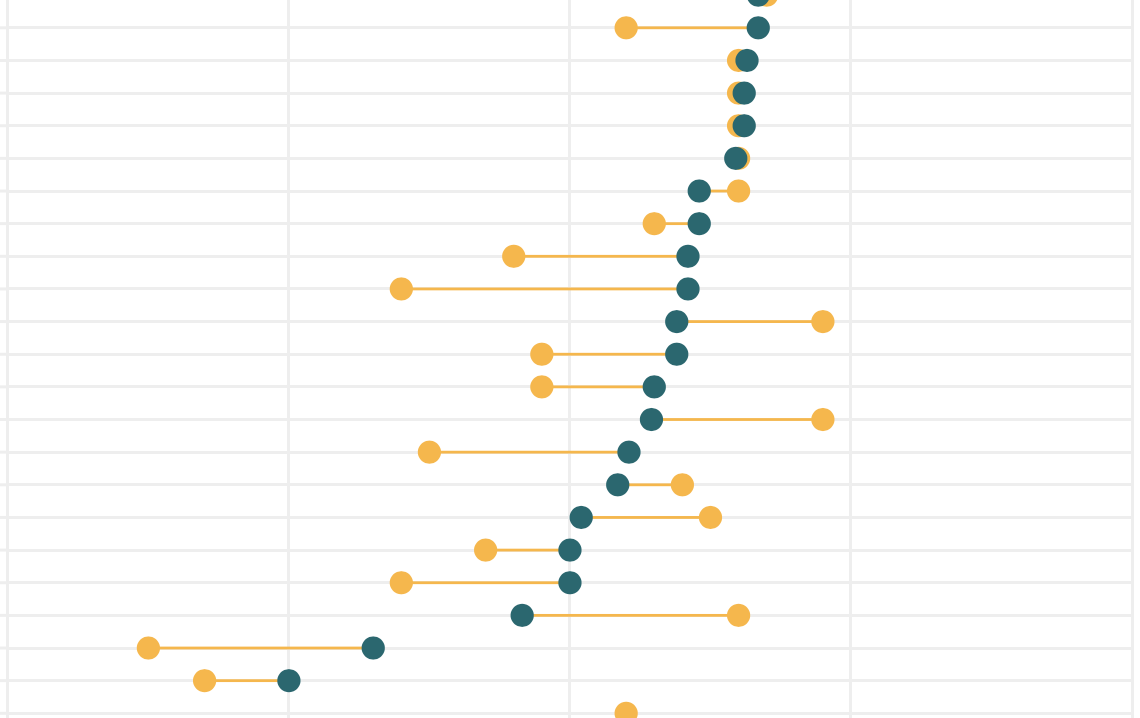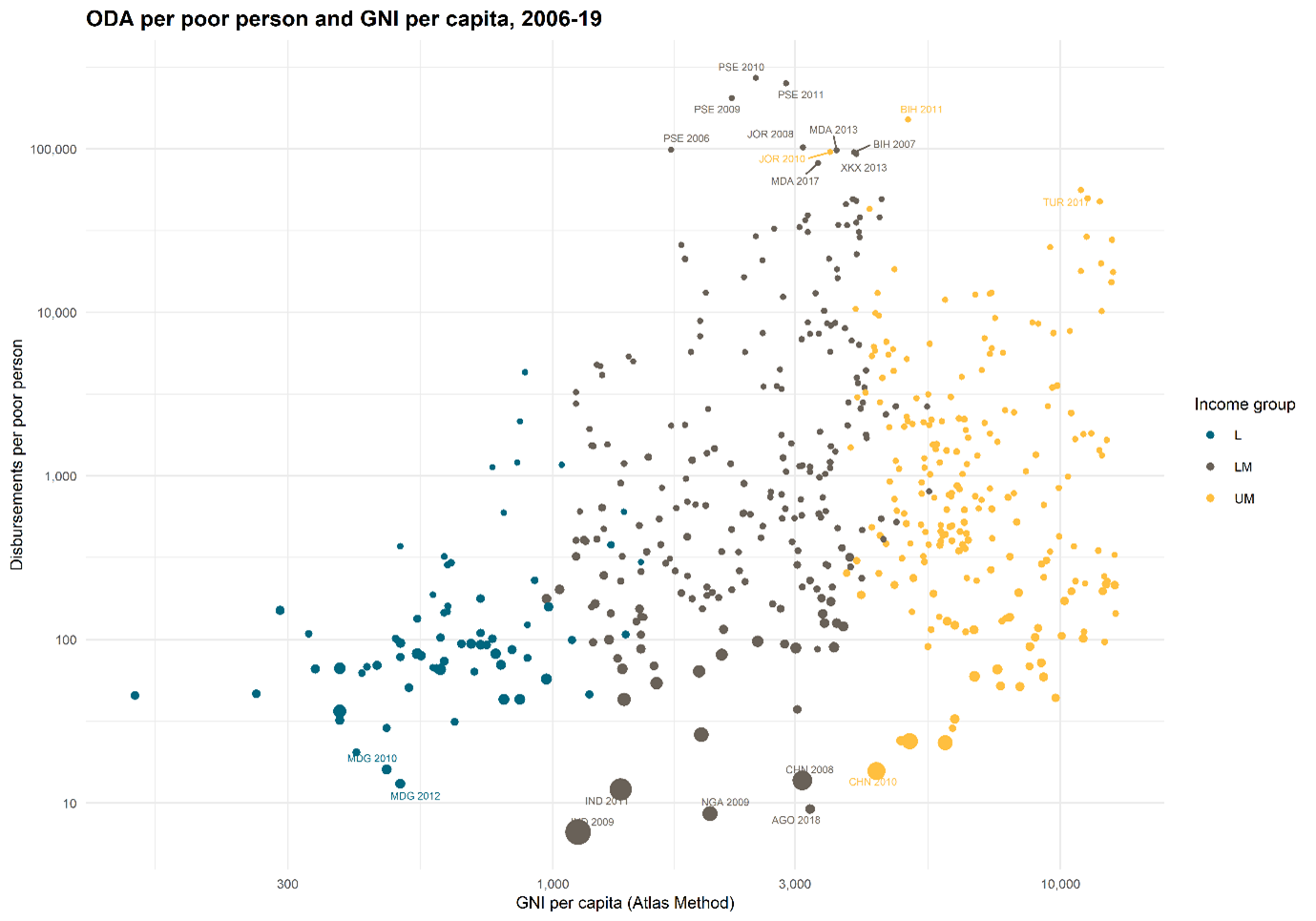Theresa May has promised that the Conservatives will maintain the UK’s commitment to meet the internationally agreed target of spending at least 0.7 percent of gross national income on foreign aid.
That’s the right decision and the Prime Minister deserves praise for committing to this against the wishes of many of her own backbenchers. I will explain in a moment why I think she is right. But let me say first that I understand why people have serious reservations about the spending target.
A spending target encourages us to focus too much on how much we spend and too little on what we achieve.
It could cause a rush of hastily-arranged spending at the end of the year to hit the target, wasting money on second-rate projects. (I don’t believe this happens in practice, but I can see why people fear it might.)
It appears to exempt international development from proper scrutiny. Aid, like every other use of scarce taxpayer money, should have to make its case.
Those are legitimate grounds to oppose a spending target. In many ways I would prefer that we commit ourselves to achieving particular goals in development—such as making sure every woman has access to family planning, or eliminating deaths from easily preventable and treatable diseases, or stopping deforestation—and then spend as little as we possibly can to achieve them. It is crazy to judge aid by how much we get out of the door rather than by what we achieve.
Yet aid is amazingly good value for money. For the same money the government willingly spends to save a life in the developed countries such as the UK, we save around 100 or even 1,000 lives in the developing world. Our aid feeds hungry people, provides clean water, prevents disease, and educates children, especially girls, all at a fraction of what it would cost to achieve these things at home. You would have to be staggeringly indifferent to the well-being of citizens of other countries not to think this is a great bargain.
Saving lives and reducing suffering is the right thing to do. It is also a good investment for Britain. Our aid helps countries become more peaceful, better governed, more environmentally sustainable and more prosperous, and eventually helps those countries to graduate from aid altogether. It is far better to invest a small part of our income on aid than to face the much higher costs of being surrounded by poverty, disease, environmental degradation and violence.
Britain’s aid is admired globally, and with good reason. Our aid is among the most effective in the world (only Ireland and Denmark do aid better). It is a key part of Britain’s soft power and influence abroad. (Ironically, our Ministers’ desire to sweat the equity of the UK aid brand has tended to diminish our reputation for flexible, selfless and effective support—generosity buys you more friends when it isn’t accompanied by noisy self-promotion.).
Britain’s commitment to meet the international target has not just resulted in an increase in our own aid. We have led the world. Germany has recently also met the 0.7 percent target for the first time—the result, in part, of peer pressure arising from Britain’s example.
The 0.7 percent target is unquestionably arbitrary, and its origins now long obsolete (as my colleagues Todd Moss and Michael Clemens have documented.) But sometimes an arbitrary target is better than no target: we don’t call for abolition of the speed limit on the grounds that 70 mph has nothing more to commend it than 72 or 68 mph.
So I would like to see the UK spend at least as much as we do now on aid—indeed, I think we should spend more, as Scandinavian countries do. Ideally we would invest more without needing a spending target, because we can see what our aid achieves. But if we did not have a target, enshrined in law, it is very likely that aid would have been cut in recent years. That would have led directly to tens of thousands of deaths that would otherwise have been avoided, as Bill Gates rightly says. It would have slowed down the growth of aid from other donors. And it would have been a terribly myopic decision for Britain as we try to shape our role in world.
Aid represents fantastic value for money, both for the UK and for the world’s poorest people, and if we need an arbitrary spending target to protect aid from being cut, so be it. Theresa May has done the right thing by reaffirming our commitment to the 0.7 percent target. Now, as she rightly says, we have to make sure it is properly spent.
CGD blog posts reflect the views of the authors, drawing on prior research and experience in their areas of expertise.
CGD is a nonpartisan, independent organization and does not take institutional positions.





